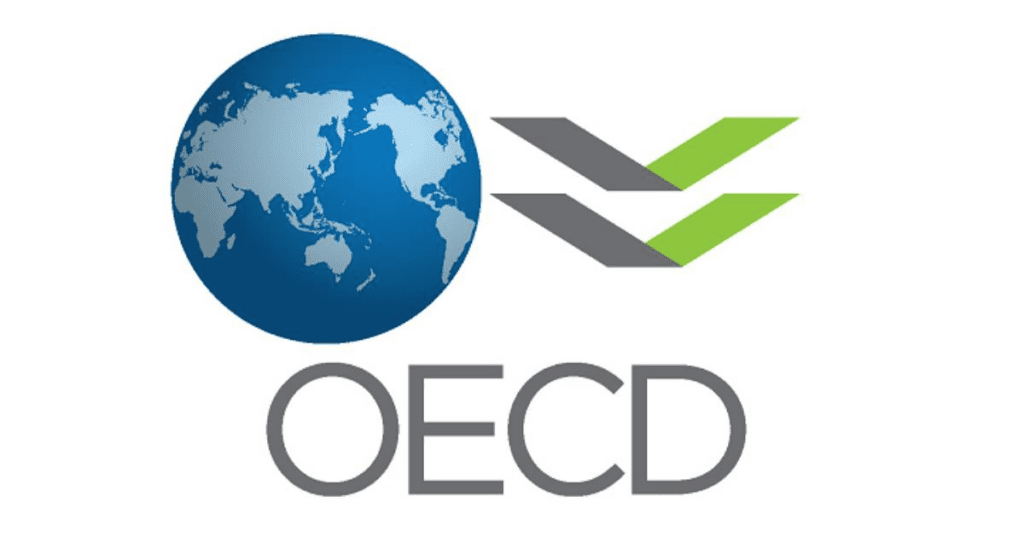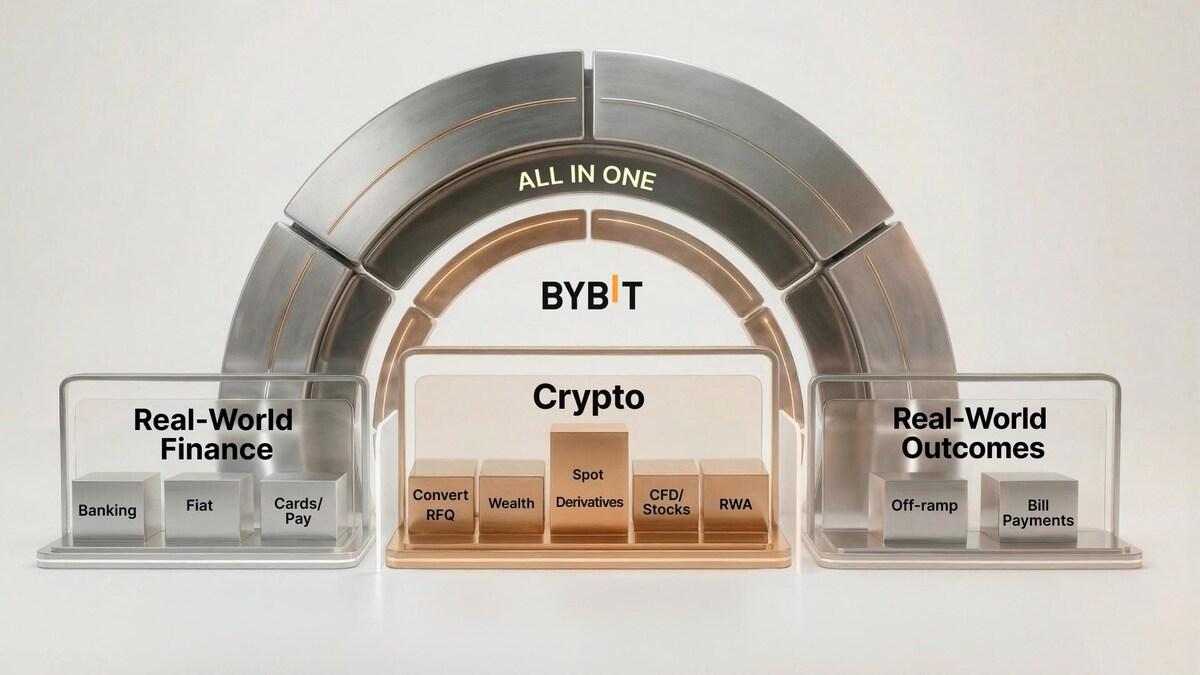The long-awaited crypto tax framework from the Organization for Economic Cooperation (OECD) and Development was released on Monday. The agreement is intended to standardize information sharing among the 38 member nations by automatically transmitting crypto-related taxpayer data between jurisdictions.

The OECD intends to draft carve-outs for assets that cannot be used for payments or investment purposes, or that may be covered by a separate tax-reporting agreement among member countries known as the Common Reporting Standard, or CRS.
Today’s digital asset guidelines, known as the Crypto-Asset Reporting Framework (CARF), are intended to supplement the current agreement between nations on tax information sharing.
The framework includes model laws for domestic taxation of digital assets, in addition to information exchange between nations.

The CARF has taken organization, an international trade body created in the 1960s, approximately two years to develop. Earlier this year, a draft plan was made public. OECD Secretary-General Mathias Cormann said in a release:
“The Common Reporting Standard has been very successful in the fight against international tax evasion. In 2021, over 100 jurisdictions exchanged information on 111 million financial accounts, covering total assets of EUR 11 trillion. Today’s presentation of the new crypto-asset reporting framework and amendments to the Common Reporting Standard will ensure that the tax transparency architecture remains up-to-date and effective.”
According to a press release, the framework will be publicly introduced this week during a G20 conference of central bankers and finance ministers in Washington, D.C.
DISCLAIMER: The Information on this website is provided as general market commentary and does not constitute investment advice. We encourage you to do your own research before investing.
Join us to keep track of news: https://linktr.ee/coincu
Website: coincu.com
Harold
CoinCu News






















